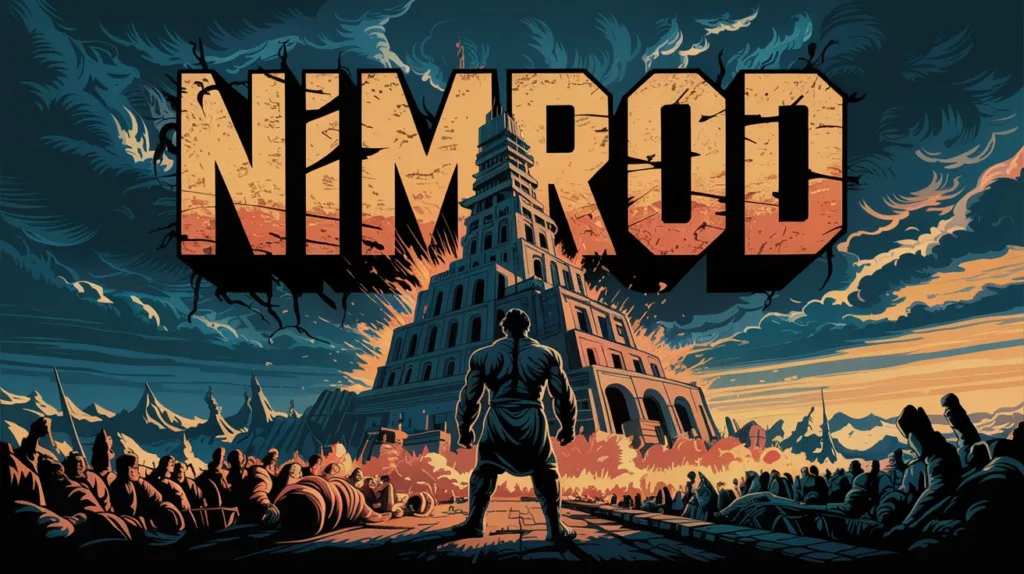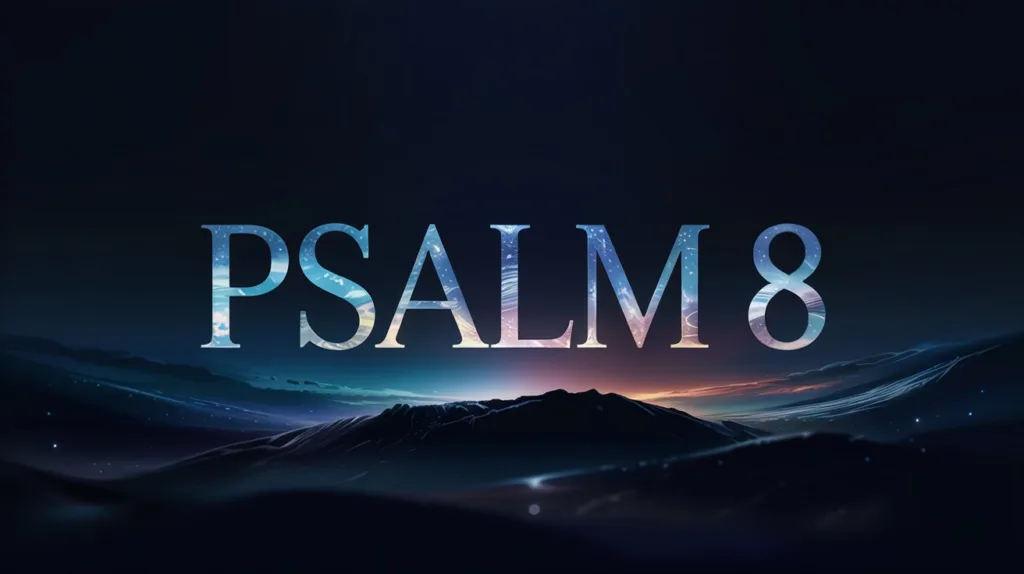The miraculous event of the sun standing still is recorded in Joshua 10:1–15 during Israel’s conquest of Canaan. This event occurred when Joshua led the Israelites to defend the Gibeonites, who had made a peace treaty with Israel and were attacked by a confederation of five Amorite kings.
Joshua and the army marched all night from Gilgal and caught the enemy by surprise. The Lord struck the Amorites with confusion, and Israel pursued them. As they fled, the Lord cast down large hailstones from heaven, killing more with hail than were killed by the sword (Joshua 10:10–11).
Then Joshua prayed a bold prayer before the Lord: “Sun, stand still over Gibeon; and Moon, in the Valley of Aijalon” (Joshua 10:12). Scripture records, “So the sun stood still, and the moon stopped till the people had revenge upon their enemies… the sun stood still in the midst of heaven, and did not hasten to go down for about a whole day” (Joshua 10:13).
This was a unique miracle, and the text states, “There has been no day like that, before it or after it, that the Lord heeded the voice of a man; for the Lord fought for Israel” (Joshua 10:14). Afterward, Joshua and all Israel returned to the camp at Gilgal.
This event demons/”>demonstrates God’s direct intervention in the natural world in response to the faith and prayer of His servant. It reveals the power of God to accomplish His purposes in defending His people and fulfilling His covenant promises.
Theologically, the sun standing still underscores the truth that nothing is too hard for the Lord. It affirms that when God’s people trust Him and act in faith, He responds with power and might. It also confirms that victory belongs to the Lord, and He is not limited by natural laws in carrying out His will.





 Get the book that teaches you how to evangelize and disarm doctrines from every single major cult group today.
Get the book that teaches you how to evangelize and disarm doctrines from every single major cult group today.